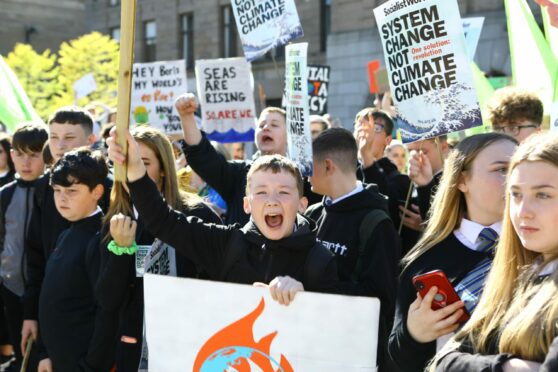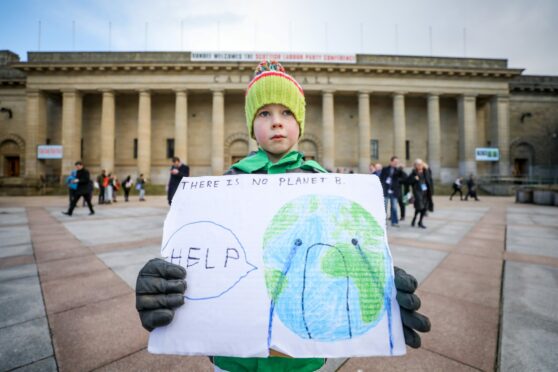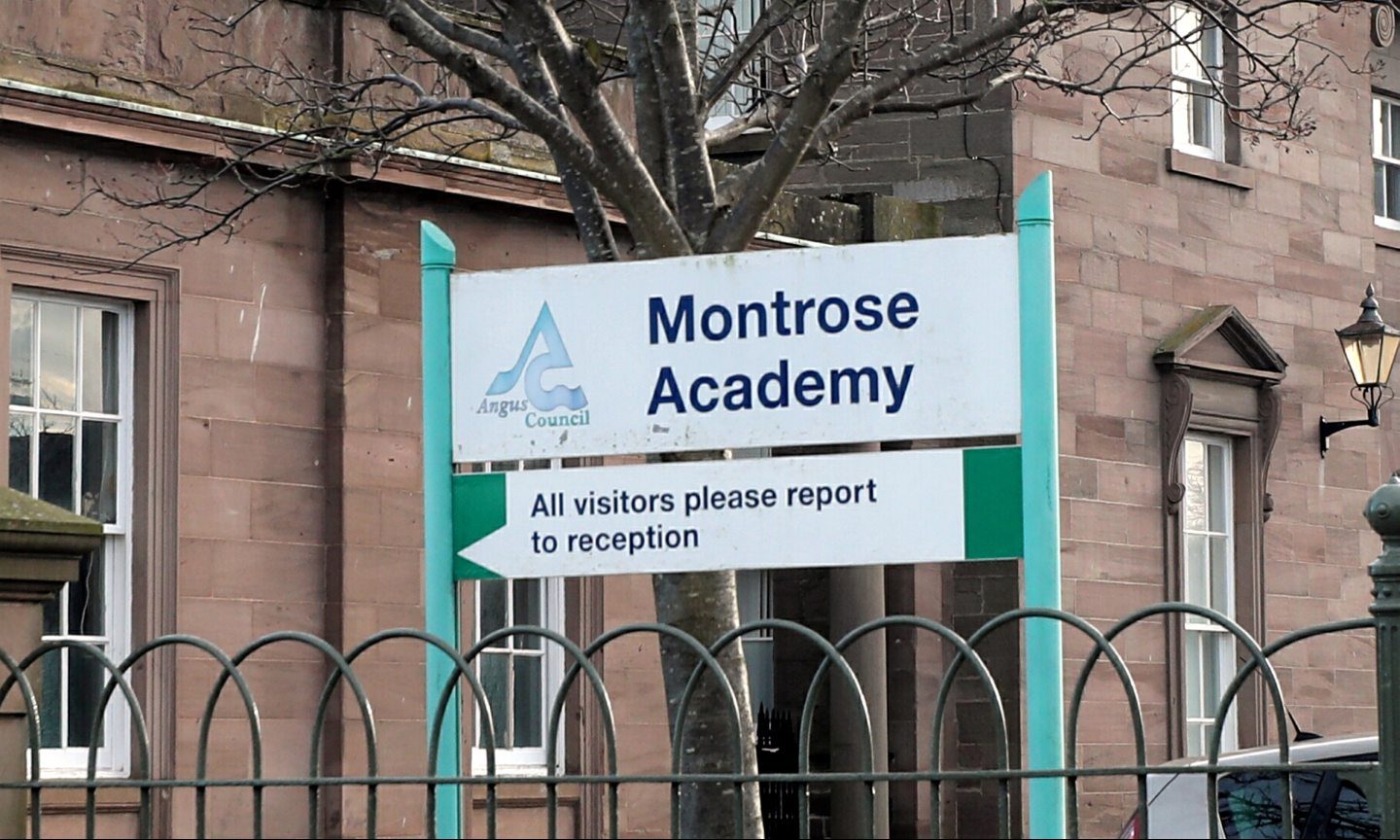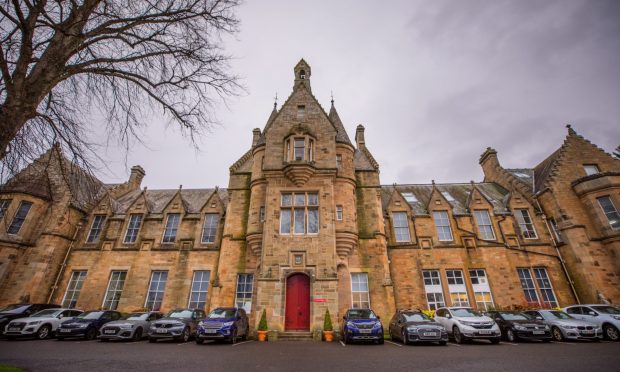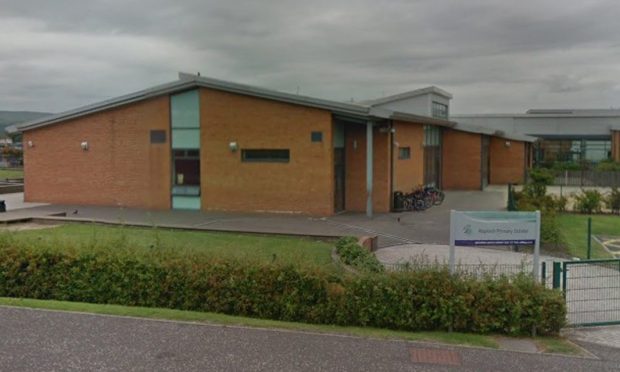Pupils in Tayside and Fife will not be penalised for skipping school to protest as part of the global climate change protests.
Local authorities in Angus, Dundee, Fife and Perth and Kinross said they will not punish pupils who decide to demonstrate against global warming on Friday.
Thousands of Scots are expected to gather in Glasgow, Edinburgh, Stirling and St Andrews as part of the strike action and many pupils may opt to make their voices heard – as they did during the youth climate strikes in 2019.
A strike named Line in the Sand has been organised by St Andrews University students.
Pupils have been given the go-ahead to protest and urge politicians to take immediate action on climate change.
Perth and Kinross Council said it encourages pupils to express their views on issues that affect their lives.
A spokeswoman said: “In our schools, all children and young people are encouraged to be curious, discerning, enquiring and to develop and express their views in many contexts on a range of subjects.
“Climate change is one example of a subject that is investigated, considered and debated across Perth and Kinross Council schools.
“We welcome and encourage young people to take a proactive interest in matters than will affect their lives and those of others.
“Alongside this, our attendance procedures and principles for children and young people apply at all times during term time, and this includes parental responsibilities.
“Any decision about taking time out of school for specific events are a matter for parents and carers. The council respects these decisions and will continue to respect them, including for the global climate strike proposal.”
Angus Council also confirmed local schools will take a “neutral” stance meaning pupils who choose to protest will not have any “promotions of sanctions” placed on them.
The assurance came after children and young people’s commissioner, Bruce Adamson, wrote to every local authority’s director of education to urge them to support children participating in the strike action.
Children’s right to peaceful protest should be respected and no punishments should be imposed, he wrote.
He said: “It is important that when children and young people take these peaceful and powerful actions, they are not silenced, discouraged or punished.
“I trust that you as education leaders will recognise the importance of this urgent global issue and will ensure that the children and young people taking part in climate strikes are given the support to which they are entitled.”
While he recognised the short term impact the demonstrations could have on their school-based learning, drawing attention to the threats of climate change is part of their broader education, he said.
Dundee schools will follow Mr Adamson’s advice by allowing pupils to strike if they wish to, the local authority confirmed.
In Fife, Shelagh McLean, head of education, said: “Our general position is that we want all children to attend school on a regular basis.”
However, she added: “The curriculum of our schools encourages citizenship in a range of important ways. This is something we all take very seriously, and we encourage our young people to take an interest in issues that will affect their future.
“Decisions about taking time out of school for specific events sit with parents and families. Parents may want to discuss related aspects of the issue with their child’s school. On an individual basis, we would respect decisions made by young people and, of course, their parents and carers.”
